San Francisco plane crash 'caused by complex flight controls'
Probe finds that pilots did not 'fully understand' flight systems of their Boeing 777
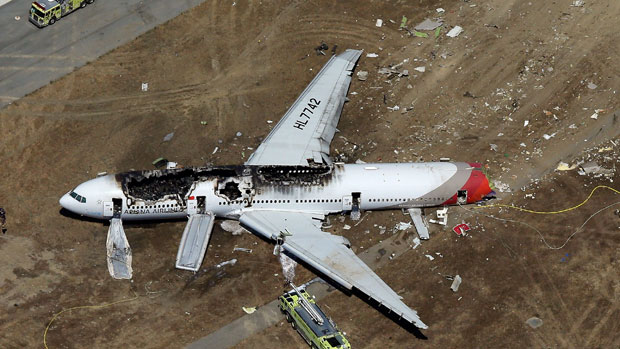
A free daily email with the biggest news stories of the day – and the best features from TheWeek.com
You are now subscribed
Your newsletter sign-up was successful
An inquiry into the crash-landing of Asiana Airlines flight 214, which killed three people and injured almost 200 at San Francisco airport last year, has blamed the complexity of the Boeing 777 cockpit controls.
American investigators said a series of mistakes made by the pilots also contributed to the accident.The flight crew committed "between 20 and 30 errors" during their final descent, according to the US National Transportation Safety Board report, quoted in The Independent.
Some of these came about because the pilots "over-relied on automated systems that they did not fully understand," according to the board chairman, Chris Hart.
The Week
Escape your echo chamber. Get the facts behind the news, plus analysis from multiple perspectives.

Sign up for The Week's Free Newsletters
From our morning news briefing to a weekly Good News Newsletter, get the best of The Week delivered directly to your inbox.
From our morning news briefing to a weekly Good News Newsletter, get the best of The Week delivered directly to your inbox.
He suggested that safety systems fitted to the Boeing 777 had introduced new risks.
"In their efforts to compensate for the unreliability of human performance," he said, "the designers of automated control systems have unwittingly created opportunities for new error types that can be even more serious than those they were seeking to avoid."
The inquiry found that the pilots:
- set the autothrottle to idle: just before landing, the plane "climbed unexpectedly high". Captain Lee Kang Kuk changed the plane's autothrottle to idle, thinking the device would "continue automatically controlling speed", which it usually would have done
- turned off the autopilot: because Kuk turned off the autopilot at the same time, the auto-throttle "remained on hold at the last selected speed"
- imbalanced the flight systems: a training captain who was also in the cockpit then shut down a single key flight management system, while leaving another active; such programs are meant to be operated in tandem, and having one on and one off "compounded" the previous problems.
- failed to recognise and react to these errors: although "a third pilot...noticed the plane was descending too fast", he did not tell anyone; even when the pilots did realise what was happening, they failed "to start aborting the landing" until it was too late.
Boeing has rejected the committee's conclusions, pointing out that the aircraft has performed "over 55 million safe landings" and arguing that "the evidence collected during this investigation demonstrates that all of the airplane's systems performed as designed".
A free daily email with the biggest news stories of the day – and the best features from TheWeek.com
The Asiana Airlines crash was the first fatal accident involving a Boeing 777. Since then, a 777 operated by Malaysia Airlines has gone missing in mysterious circumstances and is presumed to have crashed into the Indian Ocean.
-
 Will increasing tensions with Iran boil over into war?
Will increasing tensions with Iran boil over into war?Today’s Big Question President Donald Trump has recently been threatening the country
-
 Corruption: The spy sheikh and the president
Corruption: The spy sheikh and the presidentFeature Trump is at the center of another scandal
-
 Putin’s shadow war
Putin’s shadow warFeature The Kremlin is waging a campaign of sabotage and subversion against Ukraine’s allies in the West
-
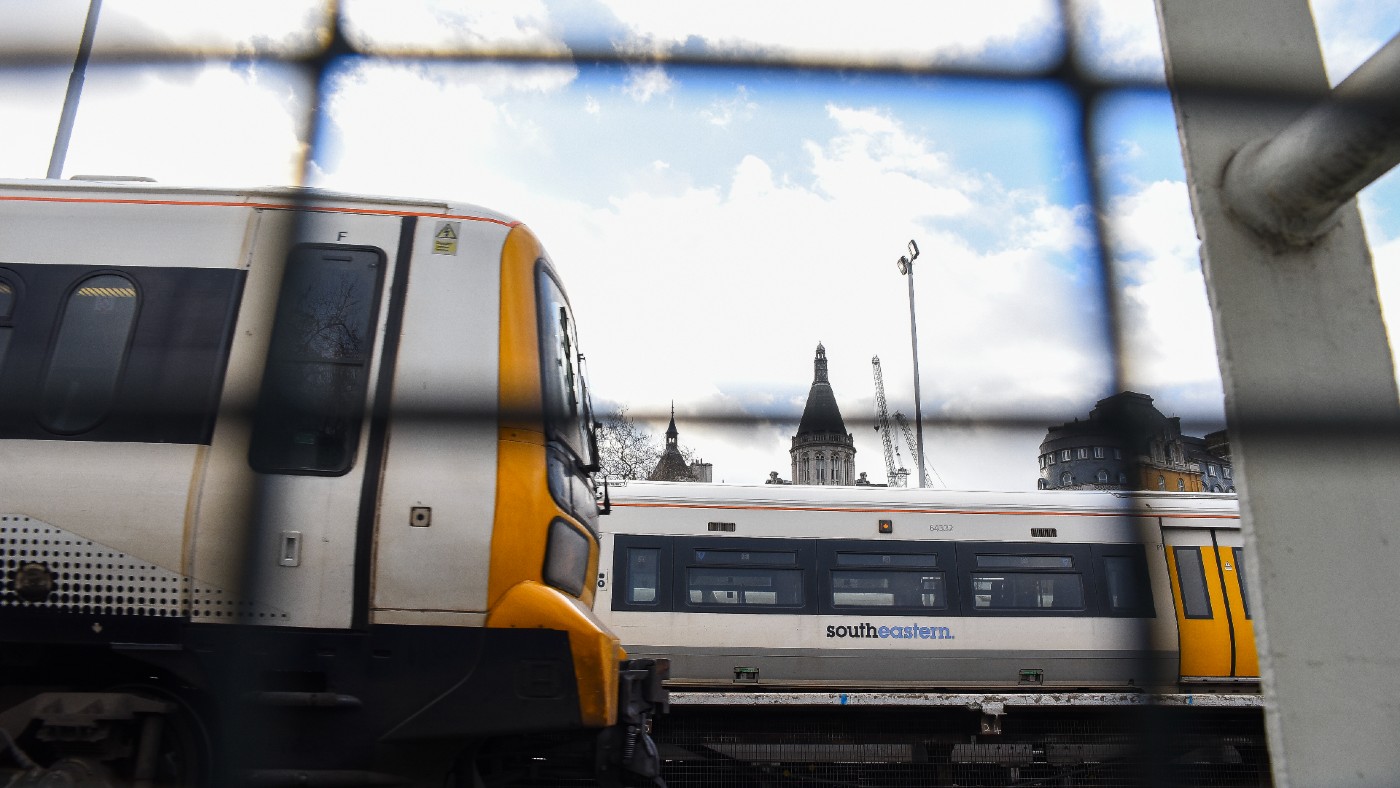 Rail strikes: is Britain on track for a ‘summer of discontent’?
Rail strikes: is Britain on track for a ‘summer of discontent’?Speed Read The ‘biggest rail strike in modern history’ is planned for next week
-
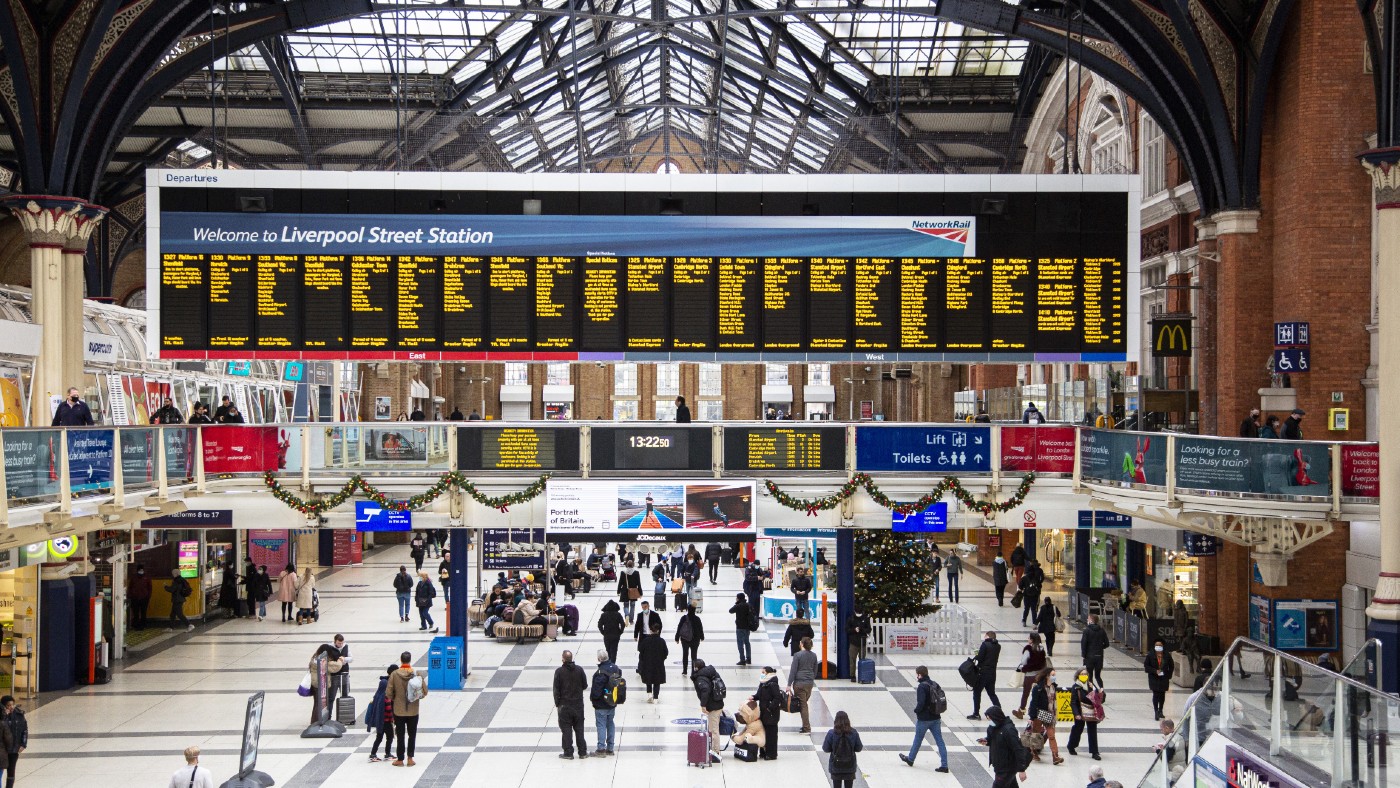 ‘See it. Say it. Sorted’: is it the end of the line for train announcements?
‘See it. Say it. Sorted’: is it the end of the line for train announcements?Speed Read The transport secretary has pledged a ‘bonfire of the banalities’ on England’s railways
-
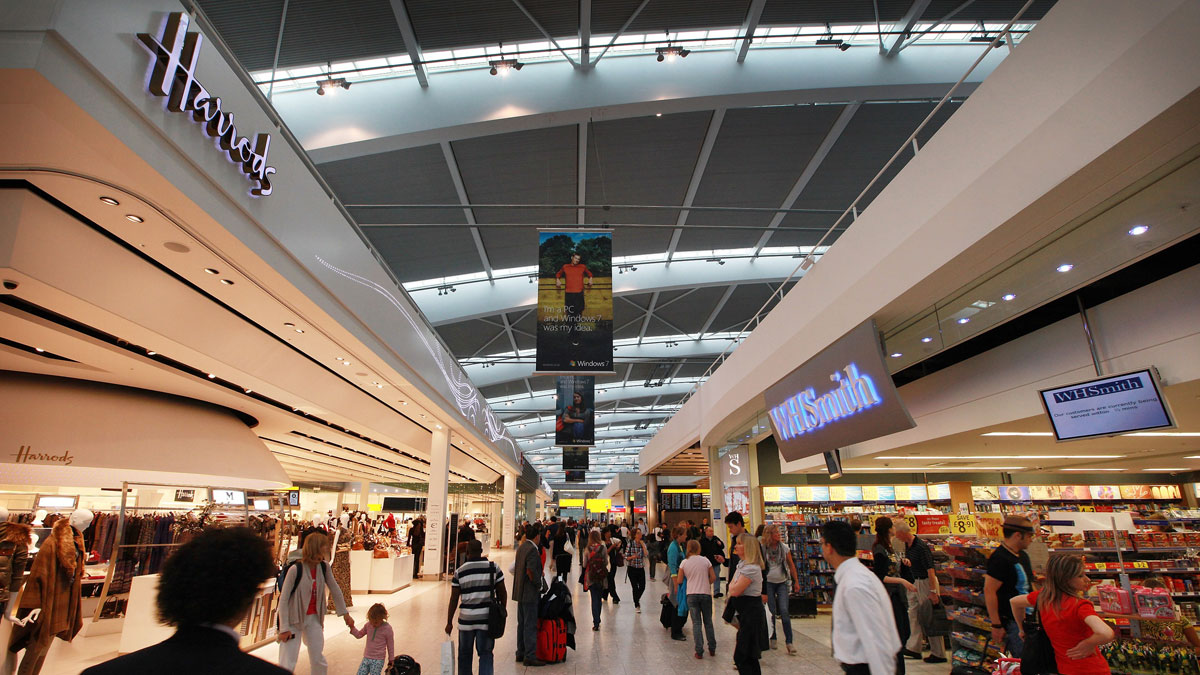 UK to bring in airport Covid tests for arrivals
UK to bring in airport Covid tests for arrivalsSpeed Read MPs call for stricter border measures as South African variant of coronavirus spreads
-
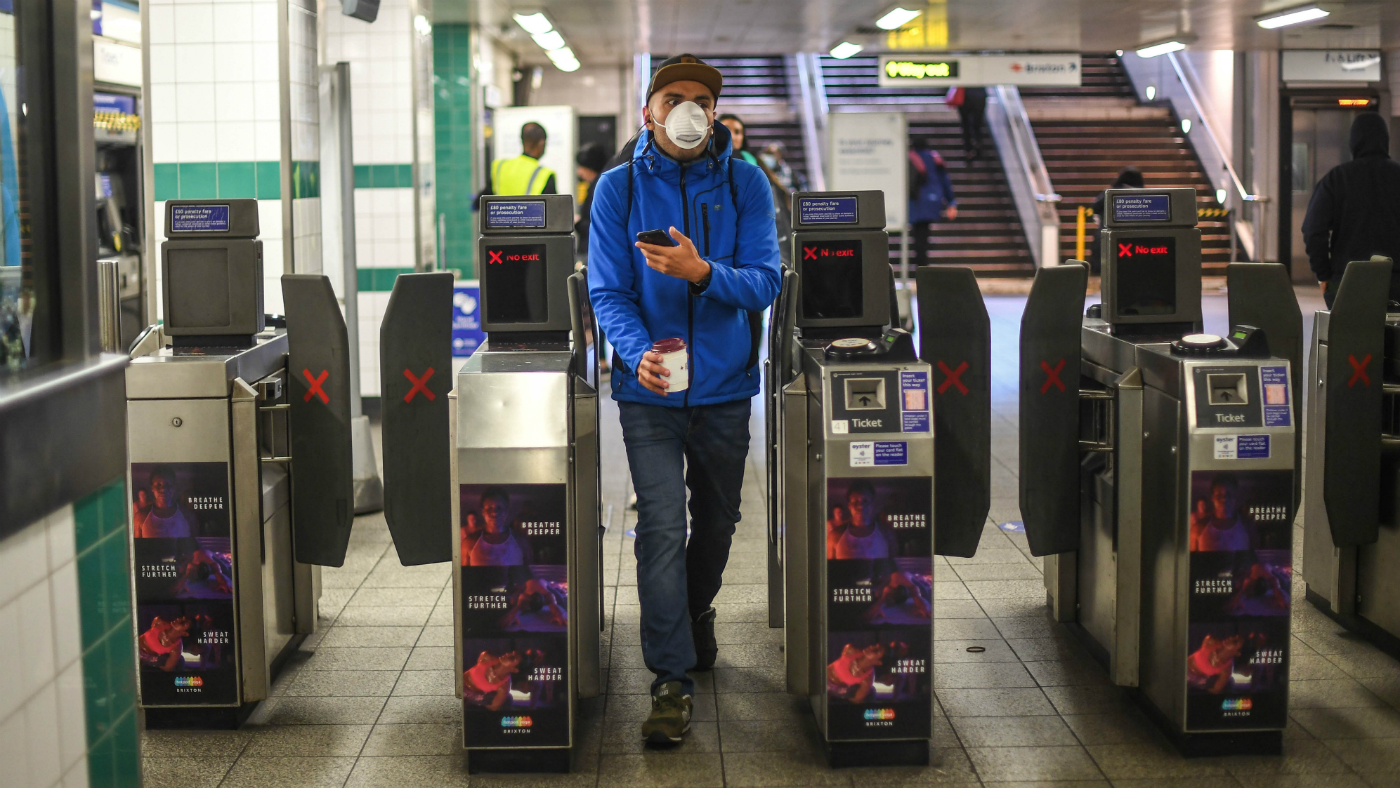 UK records biggest jump in transport use since pandemic began
UK records biggest jump in transport use since pandemic beganSpeed Read Monday rush hour sees spike in commuters across country as trains return to 90% of pre-coronavirus services
-
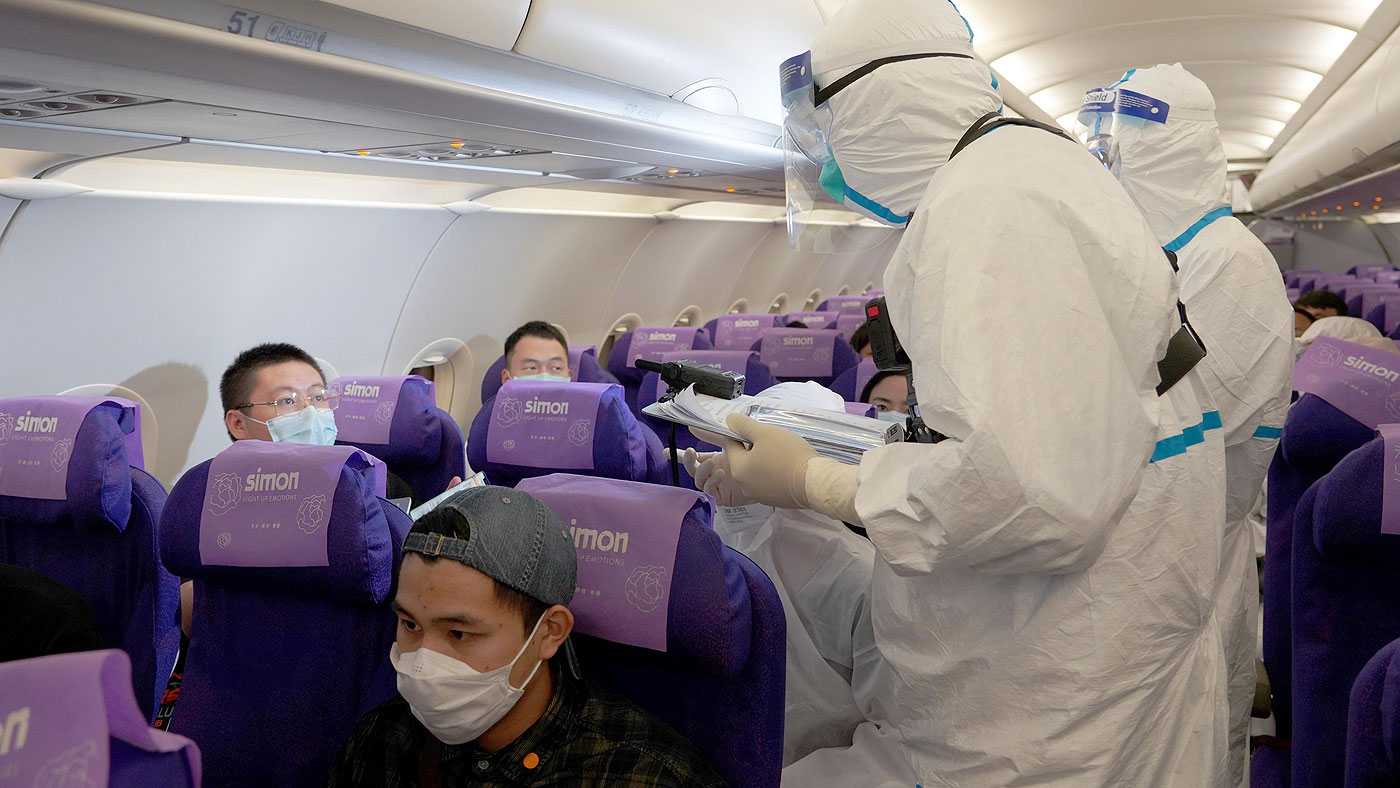 Coronavirus: what are the odds of catching Covid-19 on a plane?
Coronavirus: what are the odds of catching Covid-19 on a plane?Speed Read Studies suggest air travel is safe despite concerns about air quality
-
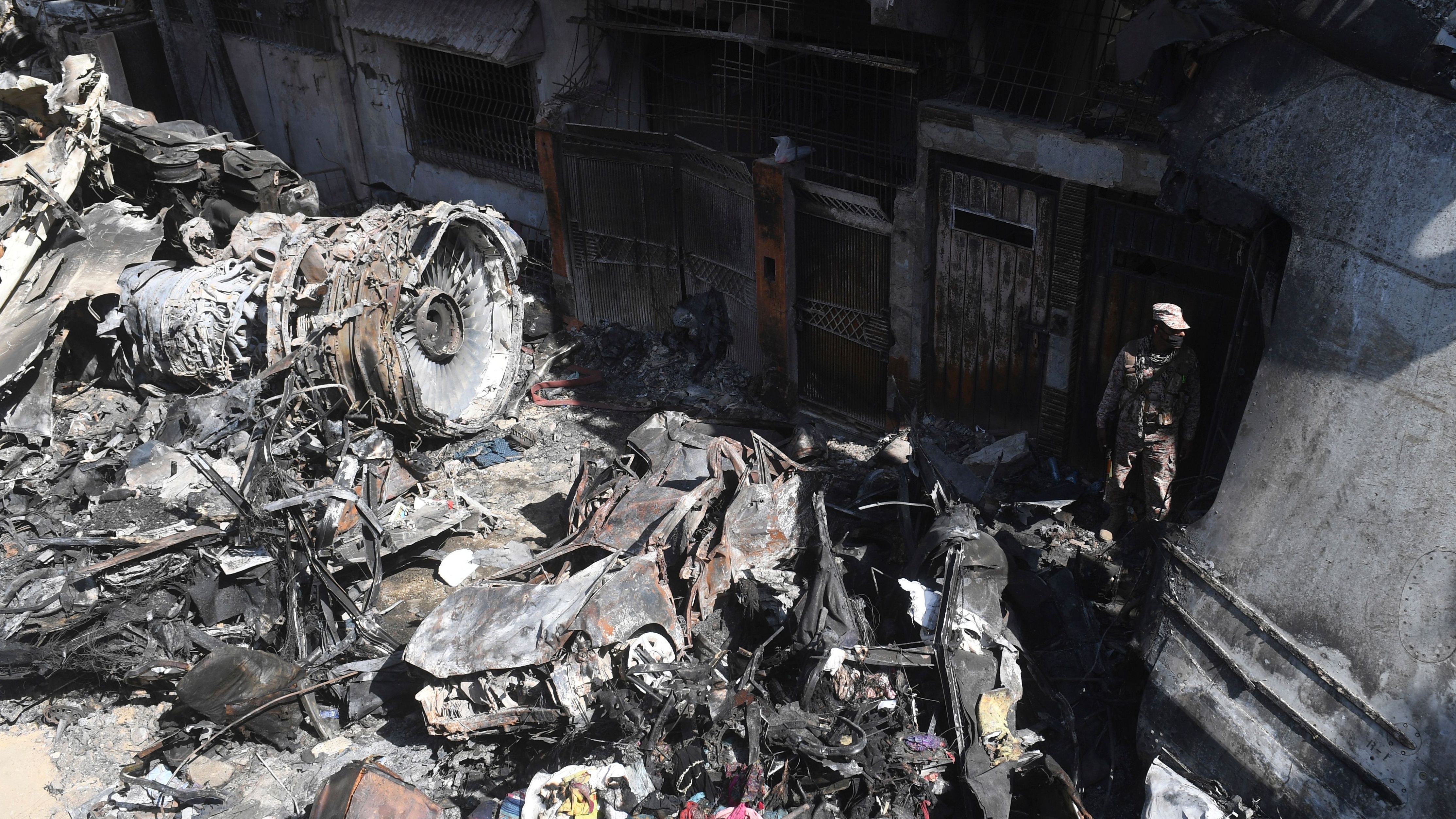 Plane crashed ‘as distracted pilots discussed Covid fears’
Plane crashed ‘as distracted pilots discussed Covid fears’Speed Read Preliminary report says ‘human error’ to blame for crash in Pakistan that claimed 98 lives
-
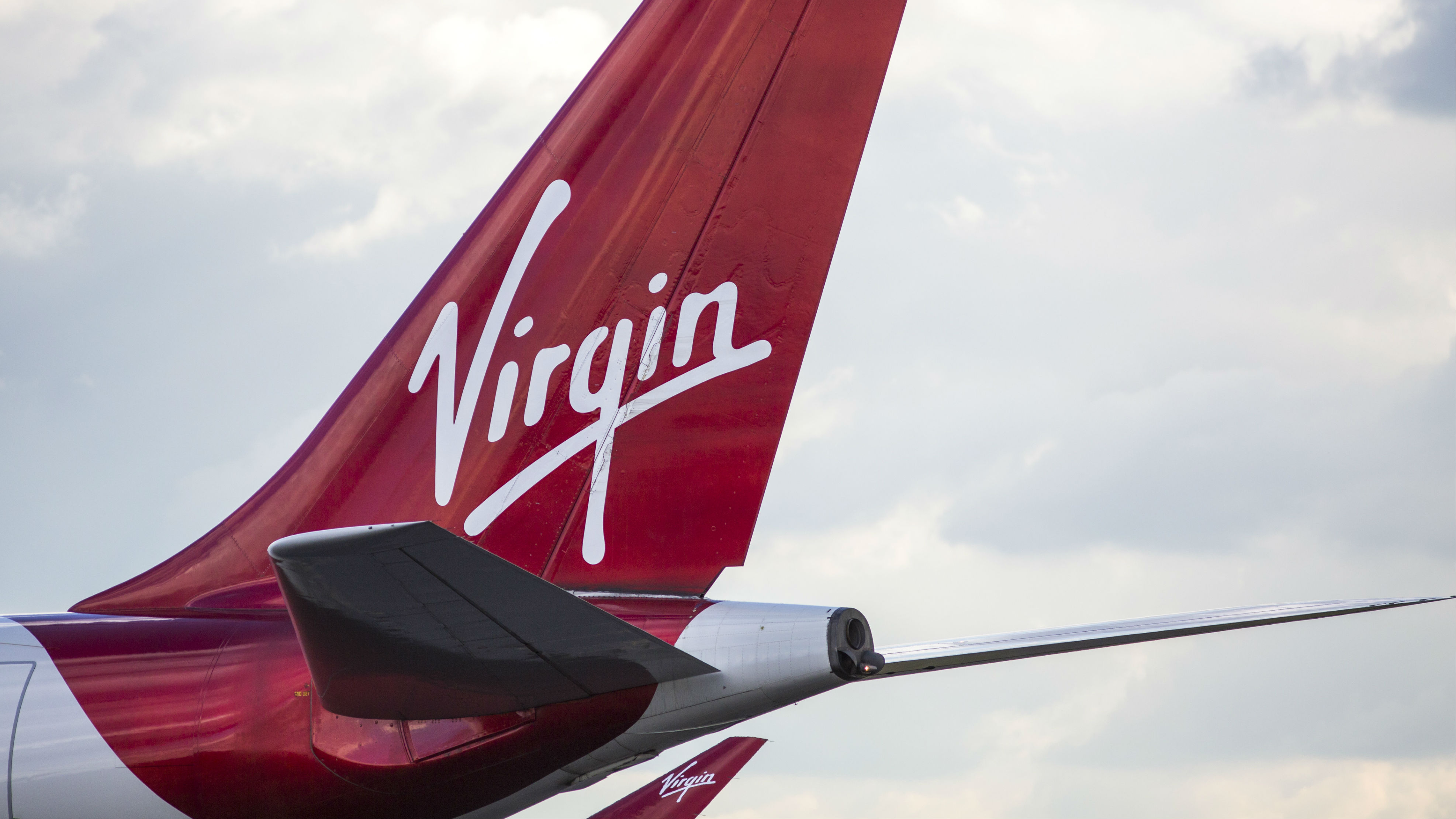 Coronavirus: Virgin Atlantic tells staff to take unpaid leave
Coronavirus: Virgin Atlantic tells staff to take unpaid leaveSpeed Read Move comes amid warnings that global pandemic could bankrupt aviation industry
-
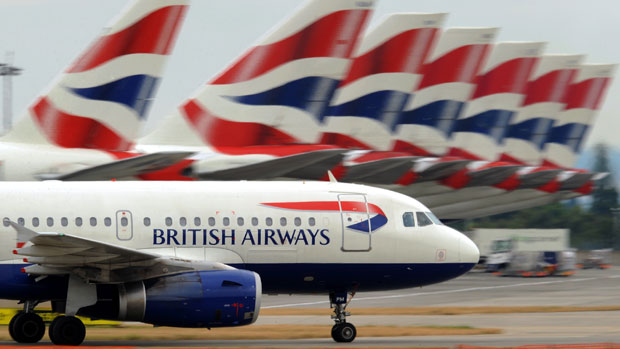 UK airlines call for multibillion-pound coronavirus bailout
UK airlines call for multibillion-pound coronavirus bailoutSpeed Read Demand comes ahead of ‘bloodiest week in British aviation history’